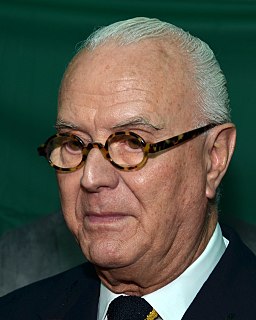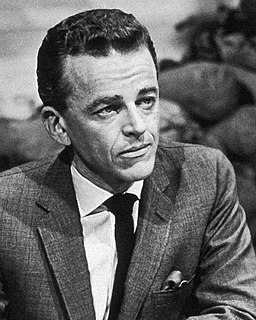A Quote by Manolo Blahnik
It was a different social structure. I'd go to [David] Bailey's for dinner at 10:30. There were always girls there and a house full of . . . I don't know, anybody. Cecil Beaton, Diana Cooper . . . And there I am sitting down with these creatures of the 20th century, and it was normal to us.
Related Quotes
The most tragic moment of my life was the first show I ever designed for. I had been asked to make shoes for Ossie Clark's show in the early '70s. I was so inexperienced that I didn't put the steel in the heels of the shoes, which is required to support the shoe and the wearer. So the girls came out walking very strangely in these rubber, bendy high-heeled shoes I had made. I thought 'Oh dear god! This is the end of me.' But after the show, even David Hockney and Cecil Beaton said to me 'It was so interesting that the girls were moving in such a different way.'
More girls were killed in the last 50 years, precisely because they were girls, than men killed in all the wars in the 20th century. More girls are killed in this routine gendercide in any one decade than people were slaughtered in all the genocides of the 20th century. The equivalent of 5 jumbo jets worth of women die in labor each day... life time risk of maternal death is 1,000x higher in a poor country than in the west. That should be an international scandal.
A dining club which I was involved in at Oxford University invited Sir Isaiah Berlin to dinner, who I believe was probably the greatest liberal philosopher in the 20th century. I sat beside him and we spoke about liberal philosophy and the events of the 20th century all night over dinner - it was unforgettable!
When I was nine or 10, I remember having a dinner party at my mum and dad's house. I wanted to have a Thanksgiving dinner because I'd watched so many films that had Thanksgiving in it and I thought: 'Why do we not celebrate this?' So I cooked this big Thanksgiving dinner for probably 10 people and I wouldn't let anybody help me.
America has always been the most fertile ground for models - and they were always exported to other countries. When Eastern Europe opened up its doors to the rest of the world, a lot of the girls that were basically working there for $1 a month realized that if they were beautiful and that they could go to Paris and work for $1,000 a day versus the $10,000 that the other girls were demanding. So it created a huge imbalance in the financial structure of how clients could budget out campaigns. The market became flooded.
I was really interested in 20th century communalism and alternative communities, the boom of communes in the 60s and 70s. That led me back to the 19th century. I was shocked to find what I would describe as far more utopian ideas in the 19th century than in the 20th century. Not only were the ideas so extreme, but surprising people were adopting them.
The different American experience of the 20th Century is crucial because the lesson of the century for Europe, which essentially is that the human condition is tragic, led it to have a build a welfare system and a set of laws and social arrangements that are more prophylactic than idealistic. It's not about building perfect futures; it's about preventing terrible pasts. I think that is something that Europeans in the second half of the 20th century knew in their bones and Americans never did, and it's one of the big differences between the two Western cultures.







































